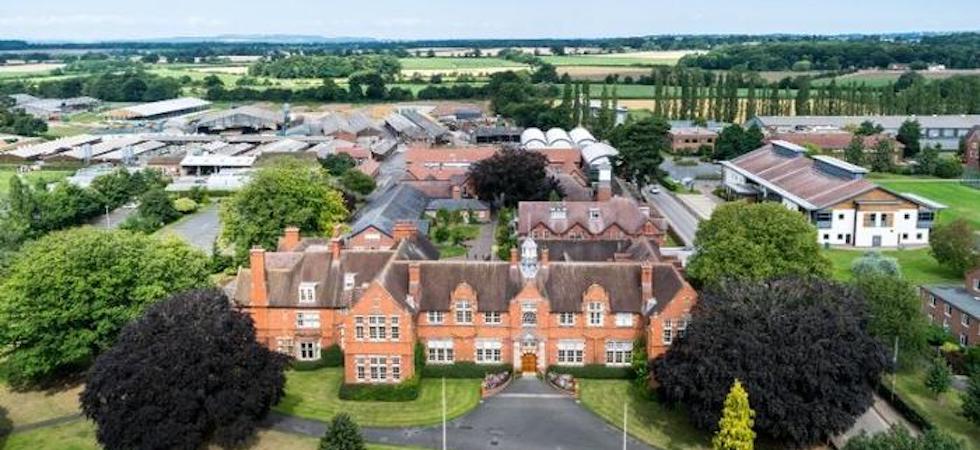An analysis developed for HSBC UK by a team at Harper Adams University forwards a list of ‘key suggestions’ to cut carbon emissions and the carbon footprint of the UK food supply chain.
Three academics from the University’s department of food, land and agri-business management prepared the report, which examines the issues currently facing the UK’s supply chain when it comes to sustainability – and makes recommendations as to how improvements could be made.
The research by the team – senior lecturer Simon Thelwell, Dr Karim Farag and Dr Richard Byrne – also draws upon two case studies, Shropshire-based family cheese business Belton Farm and multinational fresh prepared food provider Bakkavor.
In the report, changes to water and energy are highlighted as a particular focus for companies.
The report noted a series of challenges currently facing the UK’s food supply chain – including trade disruption, fluctuating energy prices and the effects of climate change on the volatility of food production. It also noted the impact of innovations in robotics, automation and technology – something which Byrne believes can have a positive impact on the supply chain, if considered in a holistic manner.
‘Communication is key’
Byrne believes communication is key to making the food industry more sustainable. He said: “Producers and processors are increasingly listening to consumers’ concerns, and to a large degree it’s a two-way process as change takes time.”
Byrne added: “Such activities can often be a demonstrable lever to encourage change in the supply chain – which requires more discussion, negotiation and dynamic interaction to ensure change is meaningful.”









